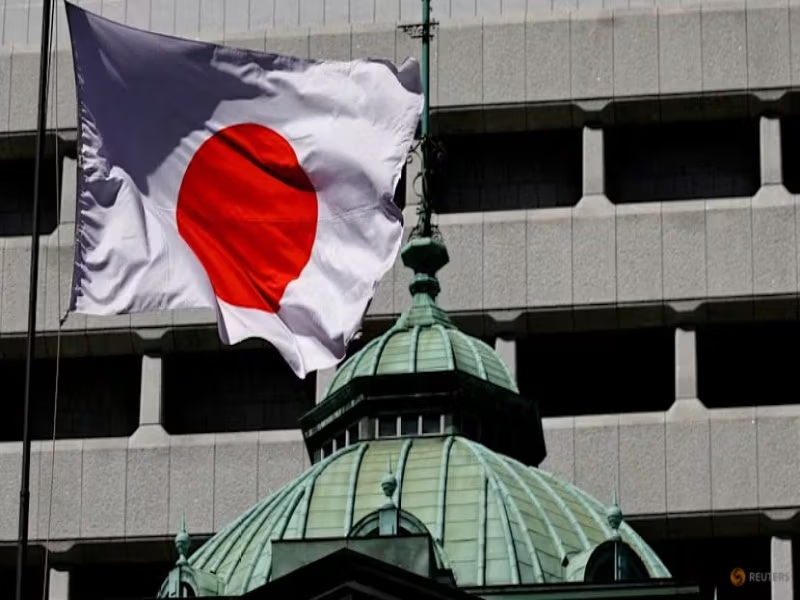An increasing number of policymakers at the Bank of Japan were convinced that circumstances were becoming favorable to an interest rate increase, two of them suggesting an immediate hike, minutes of the central bank’s meeting of September revealed on Wednesday.
During the two-day meeting until September 19, the nine-member board maintained interest rates at 0.5 percent, rejecting an attempt by two of its hawkish members to increase the cost of borrowing by 0.75 percent.
The minutes indicated that, in an indication that the debate was even changing focus to the precise time that the next rate increase is to happen, various members indicated that it would not be too late to wait “a little more hard data.”
Meanwhile, another member stated that “Although conditions needed for raising rates were gradually being met, hiking rates at this point would come as a surprise to the market and should be avoided.”
The minutes reported that the third member cited doubts on the U.S. economic slowdown as a factor to withhold the raising of rates, but also stated that it may be time to contemplate raising rates “judging solely from the perspective of Japan’s economic conditions.”
The minutes note an increasing trend among the board of reinstating rate increases with fears that the Japanese economy is under strain since the threat of increased U.S. tariffs may cause a complete breakdown.
Although the BOJ once again held the rates constant at a later meeting in October, Governor Kazuo Ueda gave the first clear indication ever that the rates could be increased as early as December.
The minutes also showed that the board members discussed the benefits and downsides of waiting, with members weighing risks of weakening the economy, and inflationary pressure on the economy due to the high cost of food.
One of the members requested an increase in the rates “somewhat regular intervals,” saying that a great deal of information would be available, like corporate first-half earnings, full-year earnings prospects, and the BOJ “tankan” business survey.
The minutes informed that a different member commented that although the time delay in the increase of the rates would help the BOJ have more information on the U.S. economic prospects, the price of such a move would “gradually increase.”
Eventually, the Doves have cautioned of the experience of deflation in Japan as a reason to be slow, as one cited the fact that inflation expectations remained unanchored at the target rate of 2 percent at the central bank, as indicated by the minutes.
The BOJ left behind a decade of massive stimulus programmes last year, and it increased rates by 0.5 percent in January because it was believed that Japan was about to reach its target of 2 percent inflation, which is long-term. Since that time, it has maintained the interest rates at a constant level.
Core consumer inflation has been above the target of BOJ for over three years, although Ueda has emphasized that they must walk slowly until underlying inflation or price changes not due to one-off influences, settles at 2 percent, supported by long-run wage increases.






